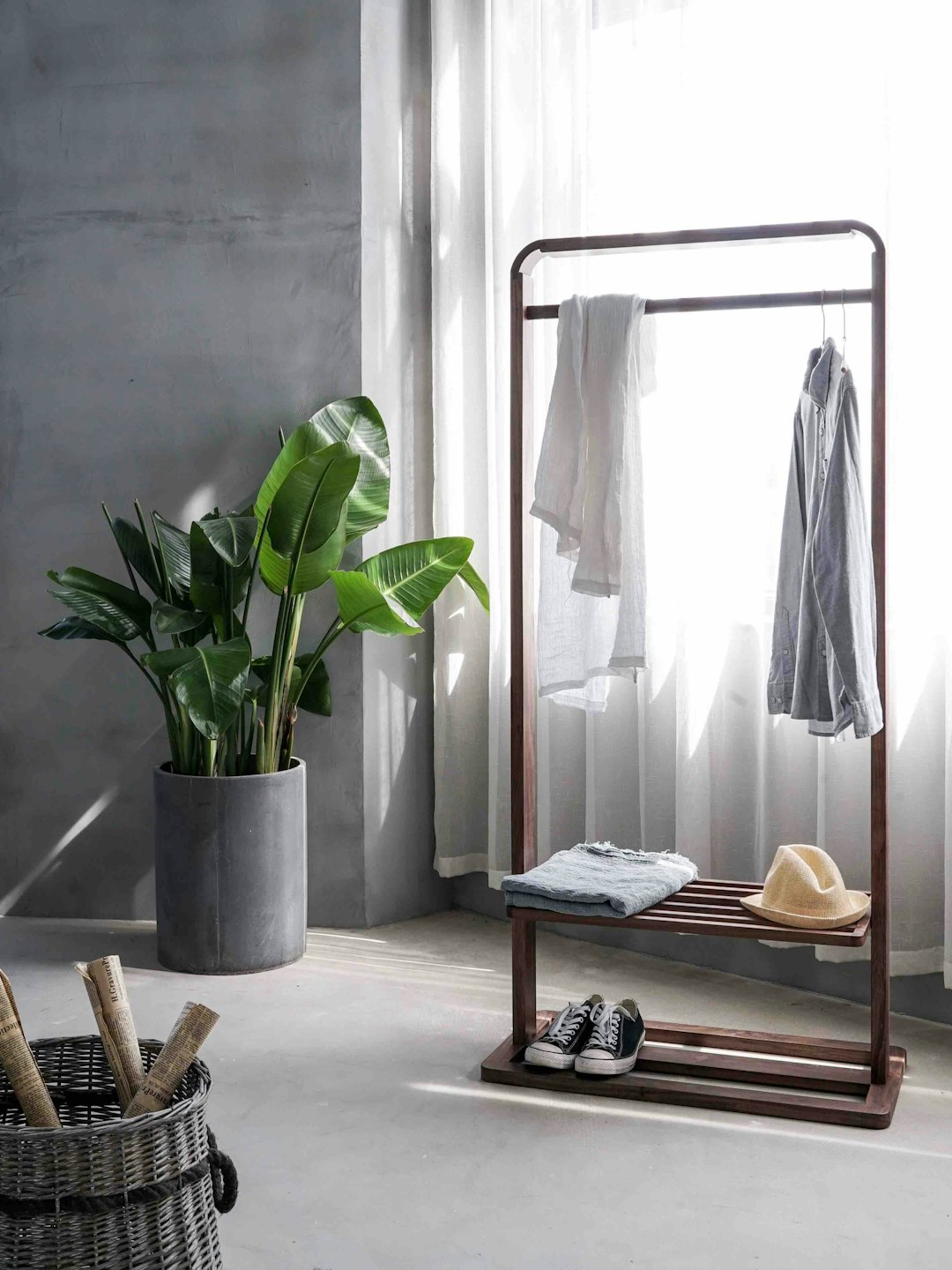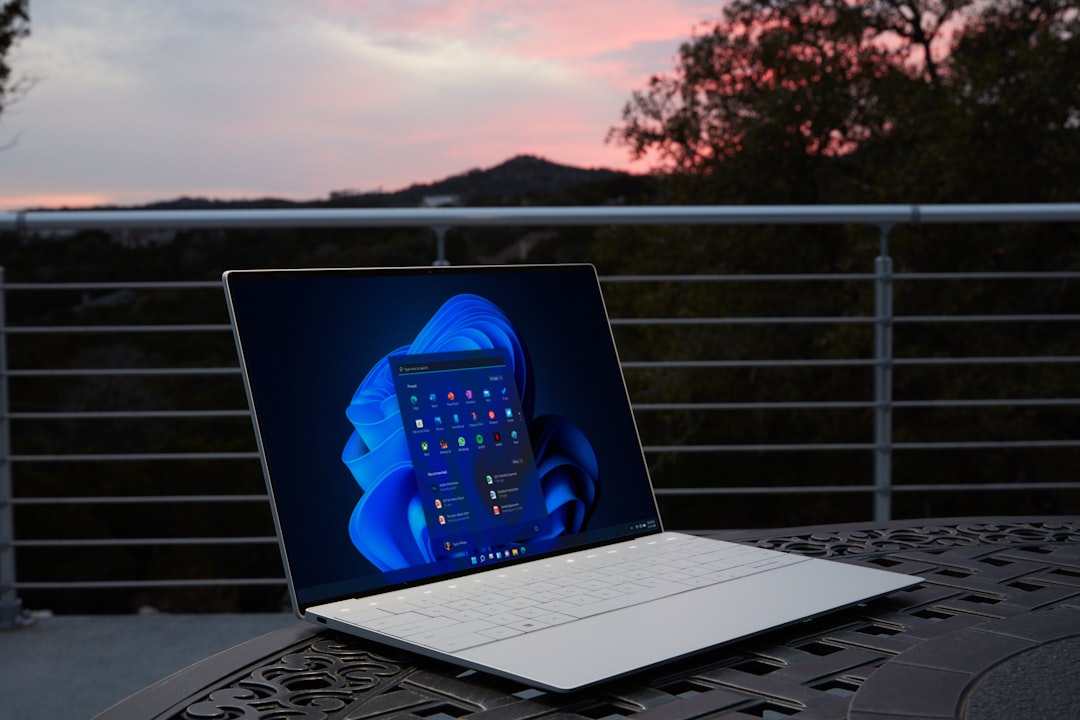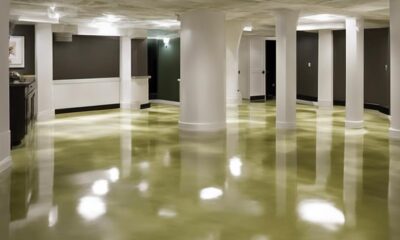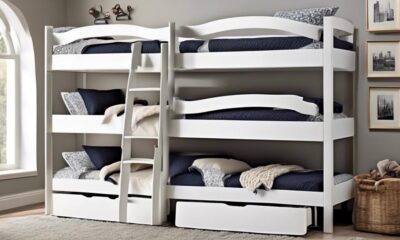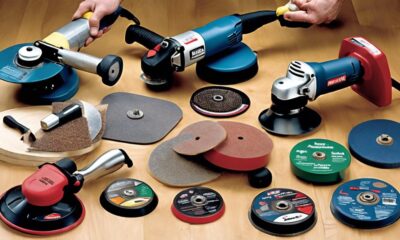Beginners Guides
Can Anyone Design A House?
2025
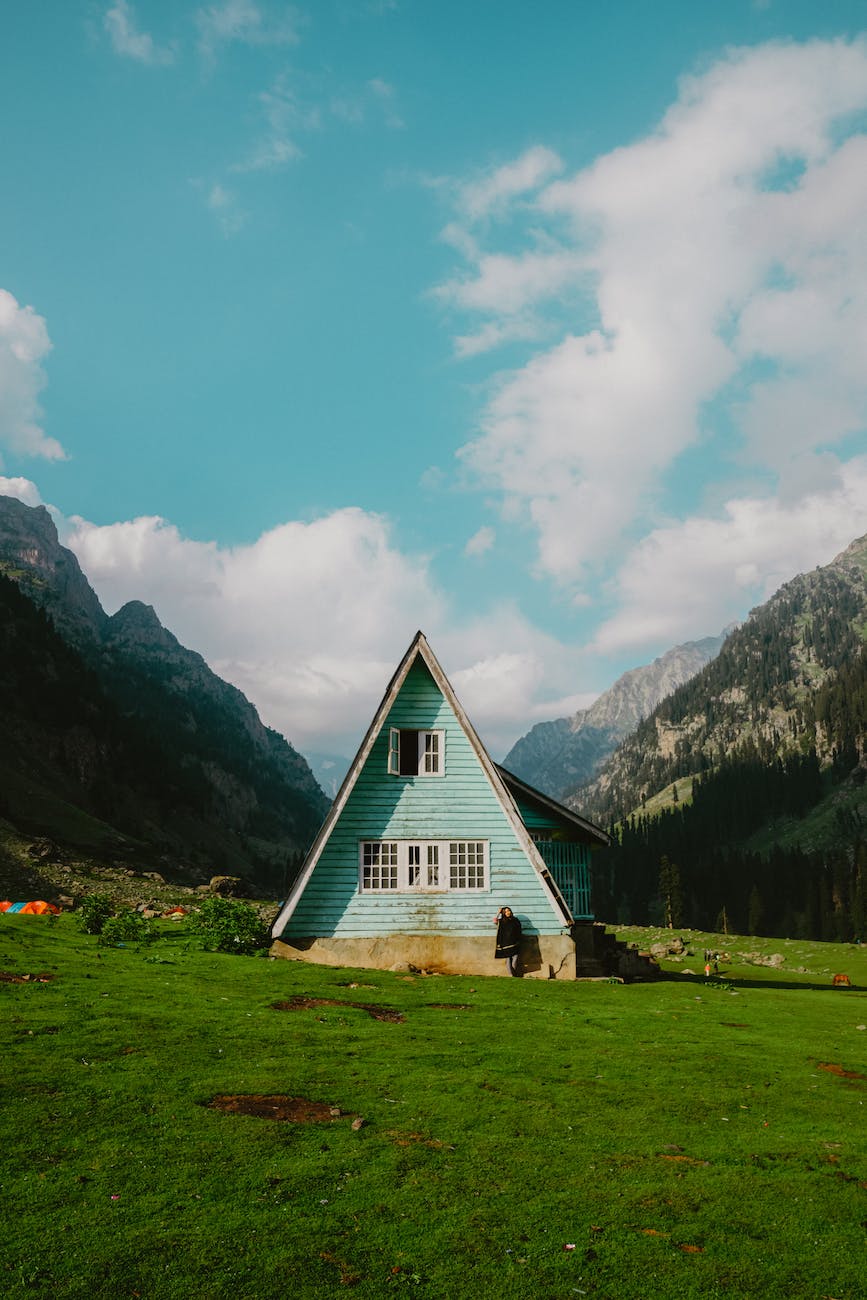
Although there is no one-size-fits-all solution to this question, it is typically advised to enlist the expertise of a professional designer when designing a house. This is because houses are individual works of art and should be approached with that in mind. A thoughtfully designed house can serve as a stylish and functional interior space for a home office, guestroom, bedroom, and beyond.
Furthermore, a good designer will have an understanding of architecture and construction principles which can help them to make sure your home meets your specific needs. Additionally, they may be able to offer suggestions for alterations or additions that you hadn’t thought about yet.
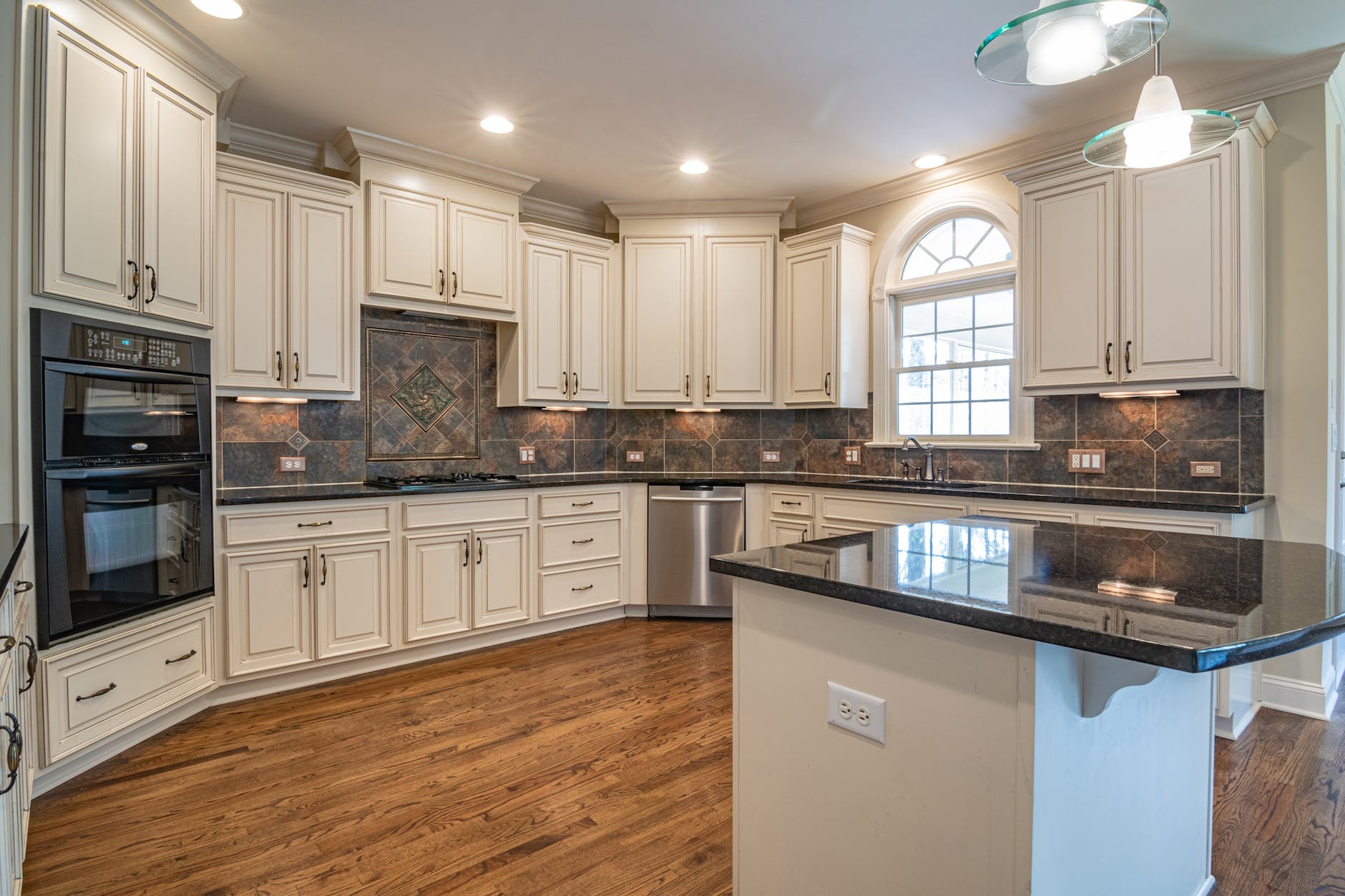
So while anyone CAN create a rudimentary plan for a house (as long as they’re familiar with basic mathematics), having a professional artist/designer on board can ensure that your home looks amazing and functions just like you envisioned it would!
What is design?
Design is creating a plan or convention for constructing an object, system or measurable human interaction (as in architectural blueprints, engineering drawings, business processes, circuit diagrams and sewing patterns). The design has different connotations in different fields (see design disciplines below). In some cases, the direct construction of an object (as in pottery, engineering, management, coding, and graphic design) is also considered to be designed.
Design is a creative process that often begins with an idea or concept and develops through research, sketches, and modeling. Once the design is complete, it can be executed or built by someone else (such as a carpenter, engineer, or programmer).
Good design is often characterized by simplicity and functionality. It should be easy to use and understand while still being aesthetically pleasing. The best designs are often those that elegantly solve a problem.

What do you need to design a house?
There is no one answer to the question of what you need to design a house. However, certain skills and knowledge will be helpful in the process. To begin with, you will need to have a good understanding of the building code in your area. This will ensure that your design meets all the necessary safety requirements.
It is also important to have a good understanding of construction methods and materials. This will allow you to create a structurally sound and aesthetically pleasing design. Finally, it is also helpful to have a strong sense of aesthetics. This will allow you to create a visually appealing design that reflects your personal style.
Software
Can Anyone Design a House?
There is no one answer to whether or not designing a house can be done by anyone. While some people may argue that everyone can create a home, others may say that it takes more than just creativity to design a livable and practical space successfully.
Some people may argue that everyone can design a home. After all, many people have a vision for their dream home, even if they are not professional designers or architects. And with the help of software programs like Home Designer Suite, even novice users can easily create detailed floor plans and 3D renderings of their ideas.
Others may say it takes more than creativity to successfully design a livable and practical space. Designing a home is not just about coming up with a pretty layout – it’s also about making sure that the design is functional and meets the needs of the people in it. This means taking into account things like the flow of traffic, natural lighting, and acoustics. It’s also important to consider the building materials and construction methods used to bring the design to life.
So, what’s the verdict? Can anyone design a house? The answer is Maybe – it depends on what you mean by “designing a house.” If you mean coming up with an idea for a home, then yes, anyone can do that. But if you mean creating a complete and detailed plan for a buildable and livable home, then it takes more than just creativity; it takes knowledge, experience, and skill.
Training
Designing a house is not as simple as it may seem. There are many factors to consider when designing a house, such as a climate, the location, the type of home, and the budget.
Climate is an important factor to consider when designing a house because it will determine the type of materials used and the type of insulation needed. The location of the house will also affect its design of the house. If the house is located in an area prone to natural disasters, such as hurricanes or earthquakes, then the design of the house will need to take these into account. The type of home will also affect the design.
A family home will need to be designed differently than a single-person home. The budget is another important factor to consider when designing a house. The budget will determine how much detail can be added to the design of the house and what type of materials can be used.
Creativity
There is no one answer to whether or not anyone can design a house. There are many factors to consider, including experience, education, creativity, and talent.
The design process
The design of a house is a complex process that involves many different disciplines, from architecture to engineering to interior design. The first step in the design process is to assess the client’s needs, which can vary greatly depending on the size and scope of the project. Once the needs of the client have been assessed, the next step is to develop a concept for the house. This can be done through sketches, models, or computer-aided design (CAD) programs. Once the idea for the house has been developed, it is time to start working on the design details.
This includes things like choosing materials, designing floor plans, and specifying finishes. The details of the design must be carefully worked out so that they meet the needs of the client and also conform to building codes and other regulations. Once the design details have been finalized, it is time to start construction. This complex process involves coordination between different tradespeople, from electricians to plumbers to masons. The construction process can take many months to complete, and it is essential to make sure that everything is done according to plan so that the final product meets the expectations of the client.
Research
It is often said that anyone can design a house. However, designing a house is not as simple as it may seem. There are many factors to consider when designing a house, such as the size of the lot, the climate, the type of materials to be used, and the budget. A professional architect or designer will have the training and experience to consider all of these factors and create a functional and aesthetically pleasing design
Sketching
Sketching is one of the most important steps in the design process, as it allows you to visualize your ideas and concepts before putting them into reality. It also allows you to experiment with different layouts, materials, and finishes to see what works best for your project. Anyone can learn to sketch, and it is a great way to get your creative juices flowing.
Modeling
There is no one-size-fits-all answer to whether or not anyone can design a house. However, certain skills and knowledge are necessary in order to create a well-designed and functional home.
First and foremost, an individual must have a strong understanding of spatial concepts and be able to visualize how a space will look and feel once it is completed. Additionally, it is important to have a firm grasp on the principles of design, such as balance, proportion, scale, and rhythm.
With these fundamental skills in mind, there are a few different ways to approach designing a house. One option is to work with an architect or home designer who can help to turn your vision into reality. Another possibility is to use home design software, which can be a helpful tool for those who are more visual learners or want to see their ideas in a three-dimensional format.
No matter what method you choose, remember that the most important thing is to have fun and be creative! Designing your dream home should be an enjoyable experience that allows you to express your unique taste and style.
Construction
Construction is the process of creating a structure, typically composed of materials like wood, brick, steel or concrete. Construction is a critical process in our world, as it allows us to build homes, offices, factories and other structures we need. There are many different construction methods that can be used to build a house, and each has its own advantages and disadvantages.
The most popular construction method in the United States is wood frame construction, which is used to build the majority of homes. Wood frame construction is relatively simple and fast, and it results in a strong and durable structure. However, wood frame houses are also more susceptible to fire damage than other types of houses.
Another popular construction method is steel frame construction, which is often used to construct office buildings and warehouses. Steel frame construction is extremely strong and durable but is also more expensive than wood frame construction.
Concrete block construction is another common method of constructing houses. Concrete block houses are very strong and durable, but they can be challenging to heat and cool due to their mass. The choice of construction method for a house depends on many factors, including the climate, the soil type, the availability of materials, the budget, and the preferences of the homeowner.
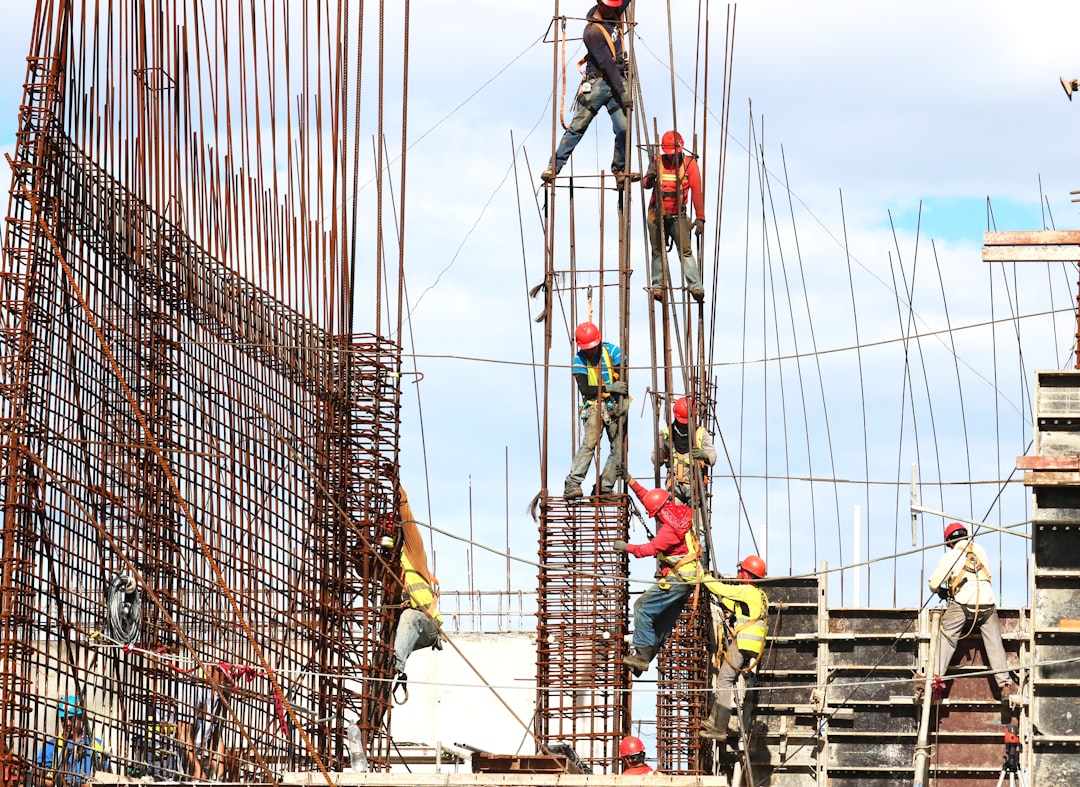
Design styles
There are myriad design styles that one could choose from when designing a house. However, not all design styles are created equal – some may be more suitable for certain types of houses than others. For example, a country home might be more suited to a rustic design style, while a modern home might be better suited to a contemporary style. Ultimately, it is up to the homeowner to decide what design style they want for their house and to find a designer who can bring their vision to life.
Modern
Yes, anyone can design a house. There are many different ways to design a house, and there is no one correct way to do it. Many resources are available to help you create a house, including books, websites, and software programs. You can also hire a professional architect or designer to help you with your project.
Contemporary
There are numerous schools of thought when it comes to the question of whether or not anyone can design a house. On one hand, some believe that with the right amount of creativity and imagination, anyone has the potential to be a great house designer. After all, some of the world’s most iconic and well-known houses were designed by people who had no formal training in architecture or design. On the other hand, some believe that designing a house is a complex process that requires specific skills and knowledge, and that not everyone has what it takes to be a successful house designer.
So, which side is right? Well, there is no easy answer. Designing a house indeed requires a certain amount of technical skill and knowledge. However, it is also true that creativity and imagination are important factors in the design process. At the end of the day, whether or not someone can successfully design a house depends on various factors, including their natural abilities and willingness to learn.
Can Restoration Bathroom Experts Help with House Design?
Restoration bathroom experts can absolutely help with house design. Their expertise in renewal space can transform any bathroom into a beautiful and functional area. From choosing the right materials to optimizing layout, these professionals can enhance the overall design and aesthetic appeal of your home.
Traditional
Most people think that designing a house is something that only professionals can do. However, anyone can design a house with the right tools and know-how. Many resources are available online and in libraries that can help you get started. The most important thing is to have a clear vision of what you want your home to look like. Once you have that, the rest will fall into place.
The first step is to come up with a floor plan. This can be done by either hiring an architect or using one of the many software programs available. Once you have your floor plan, you need to start thinking about the overall style of your home. Do you want it to be modern or traditional? What kind of materials do you want to use?
Once you have a general idea of the style you want, you need to start thinking about the details. What kind of fixtures do you want in your kitchen? What type of flooring do you want in your living room? These are all important details that must be considered when designing a house.
There are many other things to consider when designing a house, but these are just a few of the most important things. If you take your time and think about what you want, anyone can design a beautiful and functional home.
- About the Author
- Latest Posts
Meet Katherine, the creative enthusiast at ByRetreat who infuses her boundless passion for design into every remote workspace she crafts. With an innate sense of creativity and an eye for unconventional beauty, Katherine brings a unique and inspiring perspective to the team.
Katherine’s love for design is infectious, and her ability to think outside the box sets her apart. She believes that true artistry lies in embracing a variety of styles and mixing them harmoniously to create captivating spaces. By combining different textures, colors, and patterns, Katherine weaves a tapestry of creativity that breathes life into each remote workspace.
Beginners Guides
Best Time to Cruise Alaska for Wildlife Enthusiasts
Fascinated by wildlife? Discover why July is the ultimate time to cruise Alaska for unforgettable wildlife encounters.

If you're a wildlife enthusiast planning an Alaska cruise, choosing the best time to go is like picking the ripest fruit from the tree. July, known as the prime month for wildlife viewing, offers a chance to witness nature's majestic spectacle in full swing.
But the question remains, what makes this time so special for wildlife enthusiasts? Stay tuned to uncover the secrets of Alaska's peak wildlife season and discover why July stands out as the prime time for wildlife sightings in this breathtaking region.
Key Takeaways
- Peak wildlife viewing in Alaska occurs from late July to early September.
- Bears are active near salmon-rich areas during this period.
- Humpback whales and killer whales are commonly spotted in Alaskan waters.
- Steller sea lions and bald eagles offer year-round wildlife sightings.
Optimal Months for Wildlife Viewing
When planning a cruise through Alaska for best wildlife viewing, it's important to think about the peak months of July through early September. During these months, bears are drawn to salmon-rich creeks and streams, offering a remarkable opportunity to witness these majestic creatures in their natural habitat. Additionally, this period presents best conditions for spotting humpback whales and killer whales near popular ports like Ketchikan, Juneau, and Seward. Steller sea lions can be observed up close from early spring to late July, adding to the diverse wildlife experience.
Bald eagles, with a significant population in Alaska, are commonly seen near bodies of water year-round. Their presence enriches the birdwatching opportunities, especially in southeast Alaska. To make the most of wildlife sightings during an Alaska cruise, staying flexible is key. Captains often announce wildlife sightings, and participating in guided wildlife tours can further enhance the overall experience. Being prepared and adaptable makes sure that every wildlife encounter is maximized during the journey.
Peak Wildlife Season in Alaska

During the peak wildlife season in Alaska, late July to early September provides unparalleled opportunities to observe a diverse array of wildlife species in their natural habitats. Bears, moose, whales, and other wildlife can be readily spotted during this time.
Here are some key points to take into account during the peak wildlife season in Alaska:
- Bears are actively feeding before hibernation, making sightings more frequent.
- Various species of whales, such as humpback whales and killer whales, are commonly seen in Alaskan waters.
- The fall salmon run attracts bears and other predatory species to the shorelines, offering unique wildlife viewing experiences.
- Moose are often seen during this season, showcasing their majestic presence in the Alaskan wilderness.
Exploring Alaska during late July to early September not only allows for best wildlife viewing but also provides a chance to witness the intricate interactions between different species in their natural environment.
Best Time for Wildlife Enthusiasts
Ideal wildlife viewing opportunities in Alaska are enhanced during specific periods when various species exhibit distinct behaviors and patterns.
From July through early September, Southeast Alaska becomes a hotspot for bear sightings as the salmon run attracts them to creeks and streams. This period offers a remarkable chance to witness bears in their natural habitat, feasting on the abundant fish.
Humpback whales frequent Alaskan waters during the peak summer months, showcasing their majestic behaviors such as breaching and feeding.
Steller sea lions, a year-round attraction in Alaska, are best observed from early spring through the end of July when they gather in haulouts along the coast.
Bald eagles, with a significant population in Alaska, can be spotted year-round in Southeast Alaska, soaring through the skies or perched near water bodies.
For birdwatching enthusiasts, Southeast Alaska provides diverse opportunities with approximately 470 bird species to be observed throughout the region. Witnessing these magnificent creatures in their natural habitat during these times offers a truly immersive wildlife experience.
Prime Wildlife Viewing Periods

In the prime wildlife viewing periods of Alaska, from July through early September, a myriad of opportunities awaits wildlife enthusiasts seeking unforgettable encounters with the region's diverse fauna. During this time, bears are drawn to the salmon-rich creeks and streams, providing a thrilling spectacle for visitors.
July stands out as an exceptional month for wildlife observation, offering prime chances to spot bears, whales, and various marine life species in their natural habitats. As late summer changes into early fall, from late July to late September, the wildlife activity peaks, with bears actively preparing for hibernation and engaging in behaviors essential for their survival.
Additionally, the fall salmon runs in September attract a plethora of wildlife, from bears to other predatory species, creating excellent viewing experiences along the shorelines. Those exploring Alaska in October are treated to an increase in sightings of majestic gray whales, alongside the graceful Bowhead and Beluga whales, adding to the richness of the wildlife encounters during this period.
Top Months for Wildlife Sightings
Our observations indicate that the top months for wildlife sightings in Alaska typically span from July through early September, coinciding with the peak of wildlife activity and best viewing opportunities. During this period, bears are commonly sighted in Southeast Alaska as they're drawn to creeks and streams by the salmon influx, providing a remarkable chance to witness these majestic creatures in their natural habitat.
Humpback whales grace the waters of Alaska during the peak summer months, offering fantastic viewing experiences, while killer whales are frequently spotted near Ketchikan, Juneau, and Seward in May and June.
Steller sea lions, a year-round attraction in Alaska, are best observed from early spring through the end of July, showcasing their impressive presence along the coastline. Similarly, sea otters can be seen throughout the year near streams and creeks, adding to the diverse wildlife spotting opportunities. Bald eagles, with around 30,000 individuals calling Alaska home, are a common sight near bodies of water, making any time of year ideal for eagle enthusiasts.
To make the most of wildlife spotting, flexibility, binoculars, and staying alert for wildlife announcements are essential for a fulfilling Alaskan cruise experience.
Conclusion
Thus, July truly shines as the crown jewel of wildlife viewing in Alaska for enthusiasts.
The peak season offers a vibrant tapestry of wildlife sightings, from majestic whales breaching in the waters to bears feasting on salmon in the streams.
It's a symphony of nature's beauty, where each creature plays its own unique melody in the grand orchestra of the Alaskan wilderness.
- About the Author
- Latest Posts
Introducing Ron, the home decor aficionado at ByRetreat, whose passion for creating beautiful and inviting spaces is at the heart of his work. With his deep knowledge of home decor and his innate sense of style, Ron brings a wealth of expertise and a keen eye for detail to the ByRetreat team.
Ron’s love for home decor goes beyond aesthetics; he understands that our surroundings play a significant role in our overall well-being and productivity. With this in mind, Ron is dedicated to transforming remote workspaces into havens of comfort, functionality, and beauty.
Beginners Guides
The Best Time to Go on a Cruise for Perfect Weather
Sail through the maze of climate patterns to uncover the best times for perfect weather on a cruise, ensuring a memorable voyage awaits.
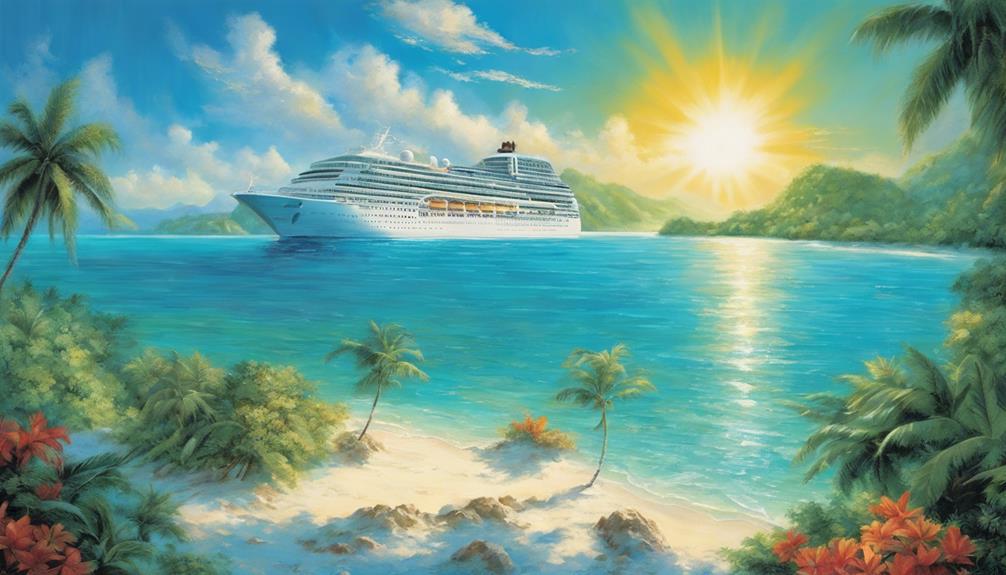
When it comes to choosing the best time to go on a cruise for perfect weather, it's like steering a maze of climate patterns to find that golden ticket. But fear not, as we have the compass to guide you in the right direction.
Understanding the seasonal nuances can make all the difference between a sun-kissed voyage and a rainy retreat. So, grab your sunscreen and pack your bags as we uncover the best times to set sail for idyllic weather conditions that will make your cruise a memorable experience.
Key Takeaways
- Caribbean cruises: December to mid-April for best weather conditions
- Alaskan cruises: Late June to mid-July for breathtaking landscapes
- Mediterranean cruises: April-May & September-October for ideal weather
- Hawaii cruises: Summer and fall months for dry weather and sunny skies
Ideal Months for Caribbean Cruises
For ideal weather conditions and a pleasant cruising experience in the Caribbean, consider booking your voyage between December and mid-April. During this period, the Caribbean boasts the best weather for cruises, with dry conditions and sunny skies prevailing. This stretch offers a fantastic opportunity to soak up the sun, enjoy water activities, and explore the stunning destinations in the region without the worry of rainstorms or excessive humidity.
Late summer into fall presents the cheapest time for Caribbean cruises, making it an excellent choice for budget-conscious travelers looking to experience the beauty of the Caribbean without breaking the bank. By opting for a cruise during this period, you can take advantage of lower prices and fewer crowds while still enjoying the warm waters and picturesque landscapes the Caribbean is known for.
Avoiding the peak season from December to April is advisable for those seeking a more peaceful and wallet-friendly experience. Sailing in late June through August allows travelers to steer clear of the crowds, particularly families on vacation during school breaks, making for a more relaxed and intimate cruise experience.
Optimal Weather for Alaskan Cruises
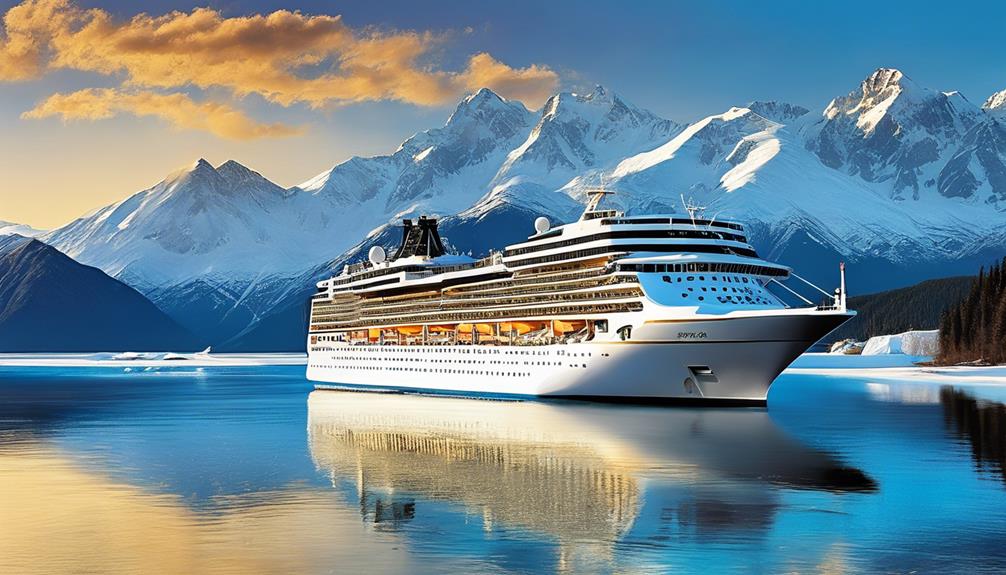
To maximize your Alaskan cruise experience, targeting late June through mid-July guarantees ideal weather conditions for enjoying the breathtaking landscapes and wildlife sightings in the region. During mid-July, you can witness the spectacular salmon run season, where various wildlife, including bears and bald eagles, gather along the rivers for this perfect phenomenon.
Late August to mid-September is another excellent window for Alaskan cruises, offering pleasant weather and often lower prices as it marks the end of the peak season. If your focus is on spotting whales, August is the prime time for your cruise, as these majestic creatures are commonly seen during this period.
For those seeking a balance between affordability and decent weather, mid-May to early June also presents a good opportunity to explore Alaska on a cruise. Keep these ideal weather periods in mind when planning your Alaskan adventure for an unforgettable experience.
Perfect Seasons for Mediterranean Cruises
April-May and September-October stand out as the prime seasons for Mediterranean cruises, offering ideal weather conditions and fewer crowds for a delightful experience exploring the region. During these shoulder seasons, the Mediterranean boasts milder temperatures and a more relaxed atmosphere compared to the peak tourist season in July and August. Traveling in April or May allows for pleasant sightseeing without the sweltering heat or overwhelming crowds. Likewise, September and October provide a serene setting for cruising with comfortable weather and less tourist congestion.
Additionally, prices for Mediterranean cruises tend to be lower from May to November, making it a cost-effective option for travelers seeking a budget-friendly voyage. Consider booking a Mediterranean cruise in May 2024 with MSC starting at $499/person to enjoy the perfect blend of favorable weather and affordable prices.
- Ideal weather conditions
- Fewer crowds
- Milder temperatures
- Lower prices during shoulder seasons
- Peak tourist season in July and August
Prime Time for Hawaii Cruises
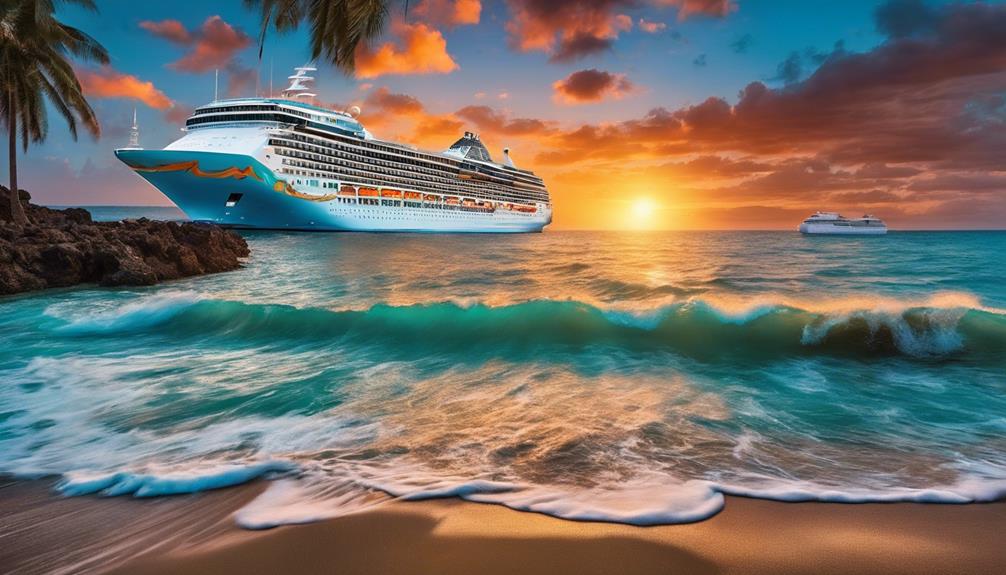
The best time to start on a Hawaii voyage is usually during the summer and fall months when the weather is dry and the skies are sunny. Hawaii cruises are particularly rewarding from mid-September through October, offering ideal conditions for a memorable experience. If you're interested in whale watching, the period from late October through May is perfect for spotting these majestic creatures in their natural habitat. During this time, the weather remains pleasant, with minimal rainfall from August through October, ensuring a smooth sailing experience.
For travelers seeking a cost-effective option, January through March can be a good time to contemplate a Hawaii cruise, although weather conditions may vary slightly. These months often offer competitive pricing and fewer crowds, allowing you to enjoy the beauty of Hawaii at a more relaxed pace. Whether you're into adventure, relaxation, or simply soaking in the stunning scenery, a Hawaii cruise during the summer and fall months promises an unforgettable journey.
Best Weather for Australia & New Zealand Cruises
For those considering voyages beyond Hawaii, exploring the best weather for Australia & New Zealand cruises becomes paramount, especially as these regions offer unique experiences throughout the year. When planning your cruise to Australia and New Zealand, keep in mind the following key points for an enjoyable voyage:
- November to March: This period offers warm temperatures and sunny weather in major ports like Sydney, making it the best time to go on a cruise in Australia & New Zealand.
- Early February to mid-March: Experience the warmest weather in Australia during these months, ensuring a comfortable cruise.
- New Zealand's Climate: With a temperate climate, layering is recommended for cruises throughout the year to stay comfortable.
- Consider Off-Peak Months: October, November, or April can provide discounted fares in Australia outside the peak season, allowing for savings on your cruise.
- Reversed Seasons: Australia and New Zealand have reversed seasons compared to the northern hemisphere, influencing the ideal timing for a cruise in these regions.
Planning your trip around these factors will help you make the most of your cruise experience in Australia and New Zealand.
Conclusion
To guarantee the best time to go on a cruise for perfect weather is essential for a memorable and enjoyable experience. By researching the ideal months for different regions like the Caribbean, Alaska, Mediterranean, Hawaii, Australia, and New Zealand, you can secure smooth sailing and sunny skies.
Don't just take our word for it, investigate the truth of this theory yourself and discover the magic of cruising in ideal weather conditions.
- About the Author
- Latest Posts
Introducing Ron, the home decor aficionado at ByRetreat, whose passion for creating beautiful and inviting spaces is at the heart of his work. With his deep knowledge of home decor and his innate sense of style, Ron brings a wealth of expertise and a keen eye for detail to the ByRetreat team.
Ron’s love for home decor goes beyond aesthetics; he understands that our surroundings play a significant role in our overall well-being and productivity. With this in mind, Ron is dedicated to transforming remote workspaces into havens of comfort, functionality, and beauty.
Beginners Guides
The Best Time to Cruise for Budget-Friendly Deals
Fulfill your wanderlust dreams without draining your wallet by learning the key to scoring budget-friendly cruise deals.
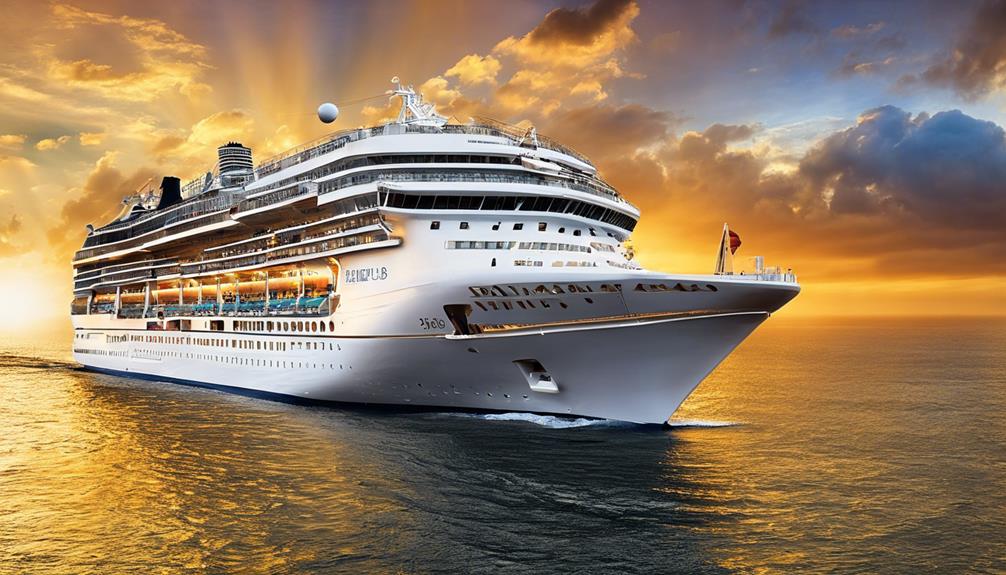
When it comes to finding budget-friendly cruise deals, timing is key. Imagine setting sail on the crystal blue waters of the Caribbean or exploring the stunning glaciers of Alaska without breaking the bank.
There's a specific window of opportunity that savvy cruisers keep an eye on to secure the best rates and save some serious cash. But how do you know when to book your next adventure to make the most of your budget?
Let's uncover the secrets behind scoring the ultimate cruise deals and making your dream vacation a reality.
Key Takeaways
- Booking during wave season in January to March ensures budget-friendly deals.
- Monitoring prices post-booking for drops leads to potential refunds or upgrades.
- Repositioning cruises in spring and fall offer cost-effective options.
- Leveraging loyalty programs maximizes savings for affordable cruising.
Ideal Seasons for Budget-Friendly Cruises
When seeking budget-friendly cruise deals, timing plays an important role in securing the best value for your money. Shoulder seasons such as September, October, and early December present excellent opportunities for travelers looking for cheaper fares. These off-peak times often offer discounted rates and fewer crowds, making it an ideal choice for budget-conscious individuals.
Additionally, booking during wave season in January and February can lead to significant discounts and promotions, maximizing savings on your cruise vacation.
Repositioning cruises during spring and fall are another fantastic option for savvy travelers seeking affordable deals. These cruises often provide cost-effective choices as cruise lines move their ships between different regions.
Avoiding major holidays and school breaks is also key to securing cheaper cruise fares and ensuring a more relaxed cruising experience. Moreover, sailing from Florida during off-peak times can offer a wide range of options and better deals for those looking to save on their cruise adventures.
Strategies for Booking Affordable Cruises
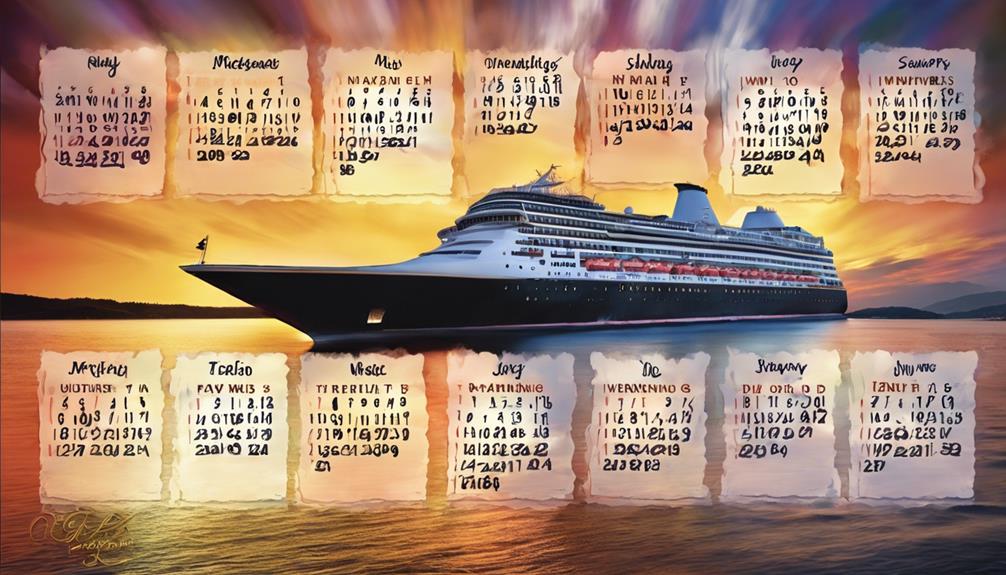
To secure the best deals on cruises, it's important to employ strategic booking approaches that maximize cost savings and value for your vacation. When aiming for budget-friendly cruise deals, consider the following strategies:
- Booking in Advance: Securing your cruise early, especially during wave season from January to March, can lead to lower rates and additional benefits.
- Monitoring Fare Changes: Keep an eye on fluctuating fares and be ready to book when prices drop to secure the best deal.
- Being Flexible with Travel Dates: Flexibility can be key in finding affordable cruise options, as adjusting your travel dates slightly can result in significant savings.
- Considering Repositioning Cruises: Exploring repositioning cruises or sailing during shoulder seasons can offer unique routes and discounted prices.
- Utilizing Loyalty Programs and Off-Peak Times: Take advantage of loyalty programs, monitor price drops, and consider traveling during off-peak times to maximize your savings on cruise vacations.
Best Times to Score Cruise Deals
During wave season from January to March, travelers can capitalize on the best times to secure budget-friendly cruise deals. Booking well in advance is key to snagging the most favorable timing and rates for your cruise.
Additionally, considering repositioning cruises during the spring and fall can offer discounted prices, making them a great option for those seeking budget-friendly deals. It's also advisable to keep an eye out for price drops even after booking, as this could potentially lead to refunds or upgrades for your cruise experience.
Leveraging loyalty programs or memberships can grant you access to exclusive discounts and savings on your upcoming cruise. By being proactive and strategic in your approach to booking and monitoring deals, you can maximize your chances of finding the best cruise deals that align with your budget and preferences.
Timing Tips for Budget-Friendly Cruises
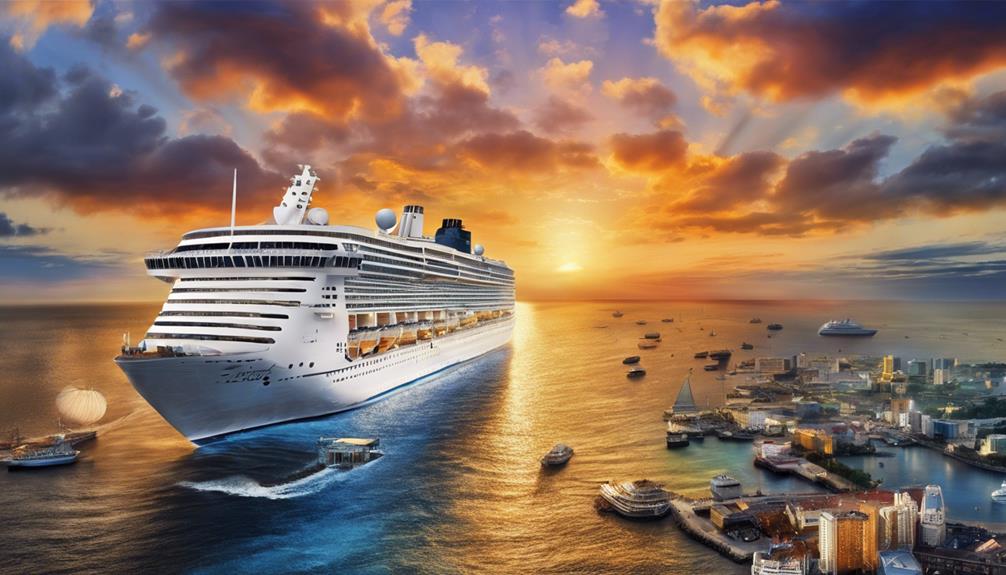
Let's explore practical strategies for maximizing your savings on budget-friendly cruises through strategic timing tips. When aiming to secure the best cruise deals that align with your budget, consider the following insights:
- Booking in Advance: Take advantage of wave season from January to March to lock in lower rates and secure desirable cabin options.
- Monitoring Prices: Keep an eye on price drops even after booking to potentially benefit from refunds or upgrades, enhancing your overall cruise experience.
- Loyalty Programs: Utilize loyalty programs or memberships to access additional discounts and exclusive perks, making your budget-friendly cruise even more cost-effective.
- Nearby Ports: Opt for cruises departing from nearby ports to save on airfare costs, enabling you to allocate more of your budget towards onboard activities and excursions.
- Discounts Galore: Embrace the array of discounts available during wave season and beyond, ensuring that you snag the best possible deal for your budget-friendly cruise adventure.
When to Book for Cruise Savings
Securing cruise savings hinges on strategic timing and proactive booking practices. To find the best deals, consider booking during wave season from January to March when many cruise lines offer enticing discounts.
Booking early not only guarantees better rates but also provides a wider selection of cabin choices. Keep an eye out for fare changes even after booking, as price drops may occur, presenting an opportunity for additional savings.
While waiting for last-minute deals can sometimes lead to the cheapest rates, this approach often comes with limited cabin availability. To stay informed about price fluctuations, utilize tools like the Shipmate app and Cruise Critic for efficient monitoring.
Conclusion
To summarize, cruising during the off-peak season can help us save some serious dough. Booking early during wave season is key to scoring those sweet deals.
So, let's set sail and make some memories without breaking the bank. Remember, early bird gets the worm – or should I say, the cruise discount!
- About the Author
- Latest Posts
Introducing Ron, the home decor aficionado at ByRetreat, whose passion for creating beautiful and inviting spaces is at the heart of his work. With his deep knowledge of home decor and his innate sense of style, Ron brings a wealth of expertise and a keen eye for detail to the ByRetreat team.
Ron’s love for home decor goes beyond aesthetics; he understands that our surroundings play a significant role in our overall well-being and productivity. With this in mind, Ron is dedicated to transforming remote workspaces into havens of comfort, functionality, and beauty.
-

 Decor1 week ago
Decor1 week agoMaximalist Decor Explained: Embrace More Style
-

 Vetted4 weeks ago
Vetted4 weeks ago15 Best Drip Irrigation Systems to Keep Your Garden Thriving
-

 Vetted2 weeks ago
Vetted2 weeks ago15 Best Foot Massagers for Neuropathy to Soothe Your Feet and Relieve Discomfort
-

 Vetted3 weeks ago
Vetted3 weeks ago15 Best Sports Laundry Detergents for Keeping Your Activewear Fresh and Clean
-

 Vetted3 weeks ago
Vetted3 weeks ago15 Best Tall Toilets for Seniors That Combine Comfort and Safety
-

 Vetted4 weeks ago
Vetted4 weeks ago15 Best Dish Scrubbers to Keep Your Kitchen Sparkling Clean
-

 Vetted56 minutes ago
Vetted56 minutes ago15 Best Cleaners for Fiberglass Showers to Keep Your Bathroom Sparkling Clean
-
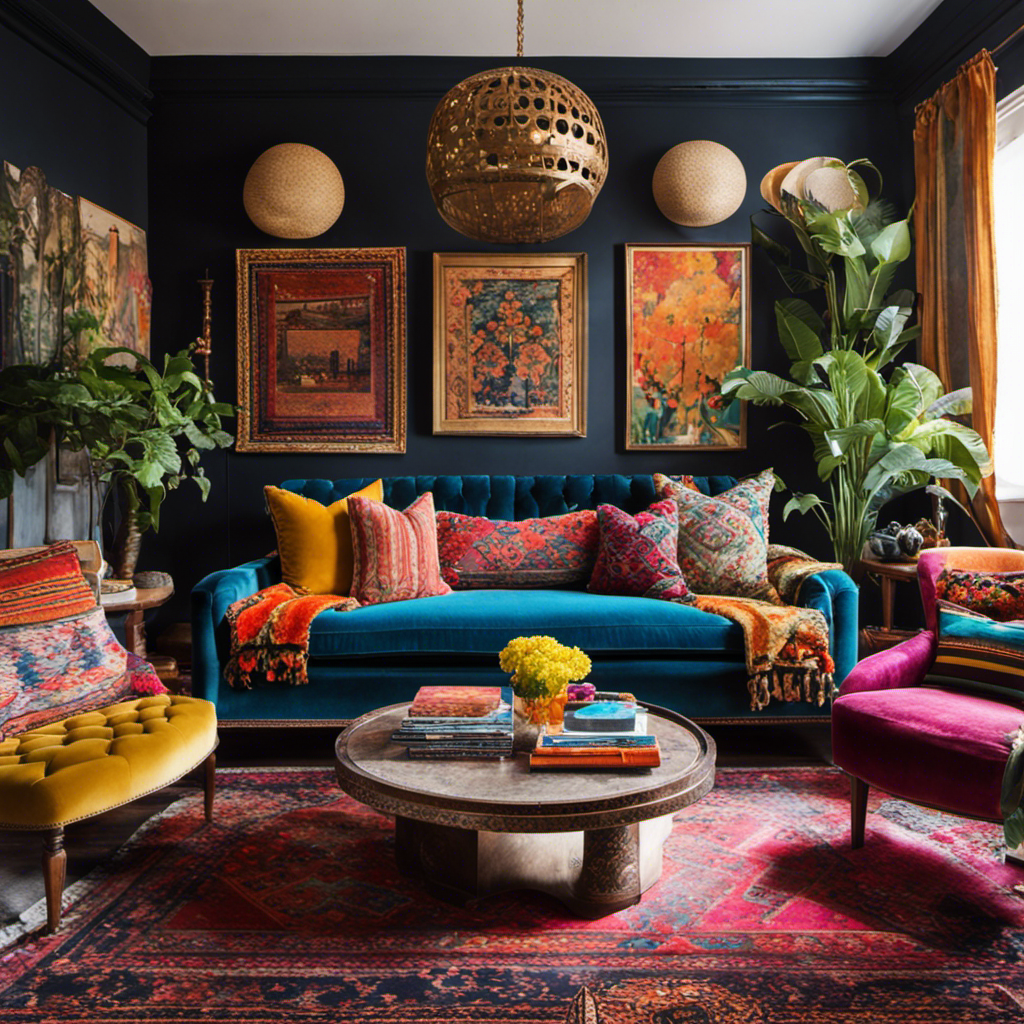
 Decor4 weeks ago
Decor4 weeks agoWhat Is Eclectic Home Decor




